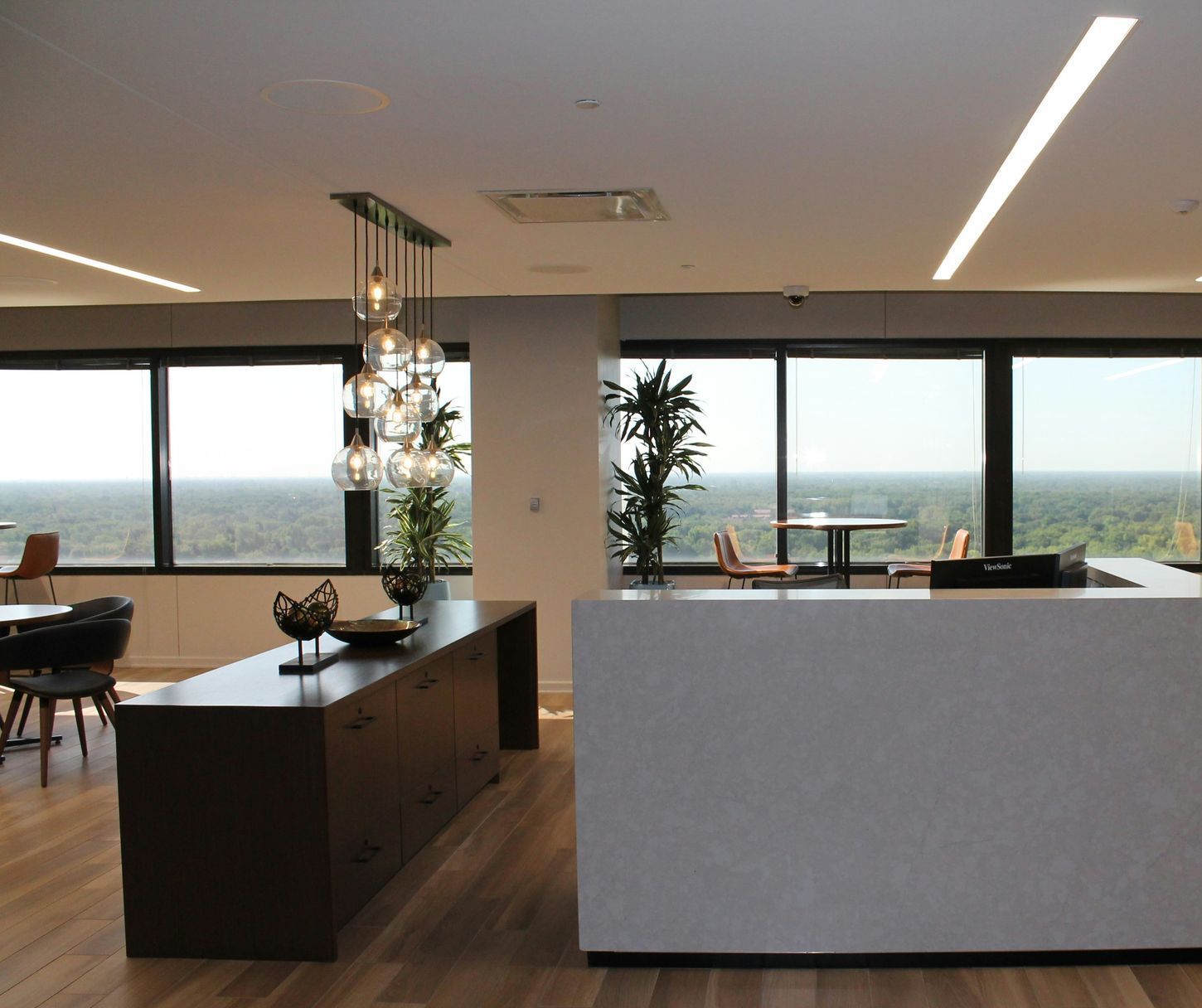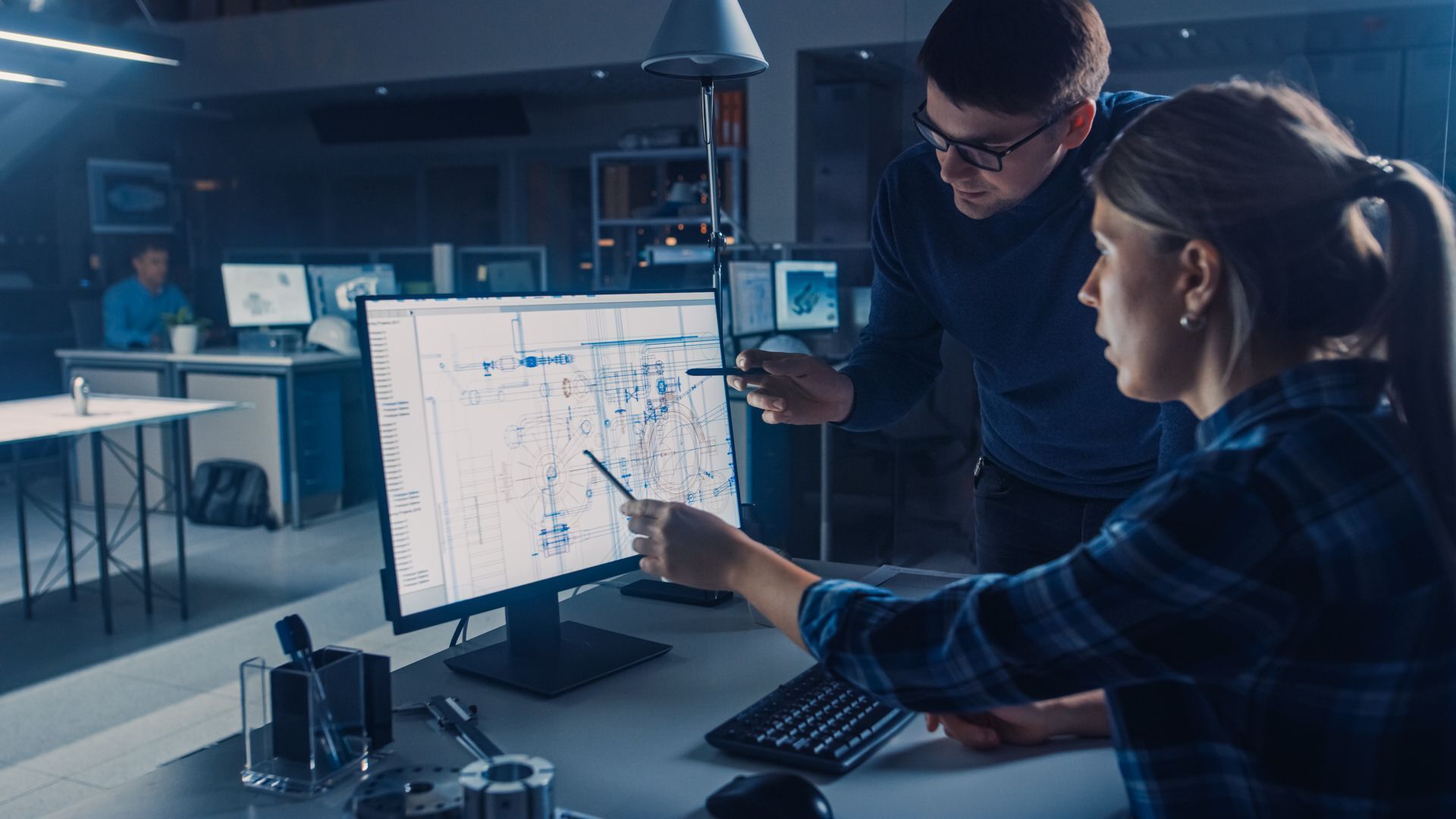Understanding the Importance of License to Alter: A Comprehensive Guide
If you're a tenant planning to make changes to your leasehold property, or a facilities manager of a multi-let property, it's crucial to understand the concept of License to Alter (LTA) and the importance of obtaining specialist M&E advice when approving tenant requests. In this technical guidance note, we delve into the significance of LTAs and why seeking specialist consultancy advice is paramount before proceeding with any alterations.
What is a License to Alter (LTA)?
A License to Alter is an agreement between a tenant and a landlord granting permission for the tenant to carry out works on a leasehold property. It sets out the conditions under which the alterations may be carried out and ensures that no unexpected conflicts will arise as a result of the work. This agreement, held alongside the lease document, serves as a framework for future actions related to the property, including terminal schedules of dilapidations.
Why is it important to seek specialist consultancy advice before approving an LTA?
Facilities Managers play a pivotal role in ensuring tenants are accommodated while safeguarding the property's integrity. While it's essential to allow for and facilitate tenant alterations, it's equally important to mitigate any adverse impacts on other occupants, landlord services, and the property's Energy Performance Certificate (EPC).
Any works that involve electrical, or mechanical infrastructural changes should be approved through an LTA. The temptation might be to ‘save cost’ by reviewing the works without reference to an M&E specialist but the liability of risk will then fall upon the facilities management team if an issue arises later. Below we list some practical examples of why the LTA process requires an M&E consultant’s review.

Scenario 01: The Energy Performance Certificate
The importance of a building's Energy Performance Certificate (EPC) rating is now widely understood. It is an integral part of establishing the value of a property and can be key deciding factor in a tenant’s commitment to take on or extend a lease. Under the terms of most leases there is a requirement for the tenant to do nothing that would be detrimental to the existing EPC.
In this scenario, the tenant had approached the facilities manager with a request to replace existing T5 fluorescent lighting with LED light panels. At first look this is a reasonable request that would be beneficial for the property, after all, fluorescent lighting is being phased out and we all know the energy saving benefits of LED.
However, the complexities of the energy modelling needed to generate an EPC must be taken into consideration. For many properties a thermal model will have been created to determine a net zero carbon pathway that targets a specific EPC rating. The marginal gains that can be achieved through specifying highly efficient LED panels (not all LEDS are created equal), with associated control systems, may mean approving this LTA could be detrimental to the building-wide EPC strategy. An M&E specialist should be consulted and the thermal model adapted to see the impact of the tenant's request before approval.
Scenario 2: ‘like for like’ equipment replacement
This second scenario comes from real life. We were approached by the facilities manager to approve a ‘like for like’ air conditioning equipment replacement for a tenant installed air conditioning system. As it was described as ‘like for like’ the request would look to be reasonable and may not fall under the requirement for an LTA.
In reviewing the request, it emerged that the new equipment would be operating on a different refrigerant to the existing one, and that new pipework would need to run between the inside and outside through landlord risers. The new refrigerant to be used was R32, which has mildly flammable properties, as such it is necessary for the installer to meet the appropriate installation requirements including confirmation of calculations of refrigerant density in enclosed spaces such as riser cupboards.
It also emerged through a site survey that the original system was not ‘like for like’ the existing one that served other areas of the tenant’s space, rather this installation would be supplementary to that system (all be it that the original system was beyond economical repair). During the process, it was also established that the original installation had been incorrectly connected to the landlord's electrical supply, so a new supply would now need to be run for the new system.
This demonstrates how several issues emerged through the M&E consultant's review that could otherwise have been left unaddressed if the original request had been approved, leading to major risks for both the tenant, facilities manager and landlord.
Scenario 3: Tea Point Installation
Another real life example saw a tenant requesting approval for a tea point. The work consisted of the installation of a sink, tap, electrical connection and associated water cooler. In this instance it was clear that an LTA would be required, but the temptation was there to limit the cost of referral to an M&E consultant as the works appeared very straightforward.
However, the works required a connection to the landlord’s water supply and drainage outlets. Any connection to the landlord's water supply needs careful consideration; an incorrectly made connection can impact both other tenants' and the landlord's supply to common services.
Alongside this is the risk to other tenants as a result of a water leak occurring from the new tea point installation. Consequently, the requirement for leak detection and shut off solenoids needs to be stipulated and signed off by a competent professional.

Conclusion
In many cases, including M&E consultants in the LTA process is not only best practice but also a contractual requirement. Their expertise ensures that all works, regardless of size, are compliant, safe, and in alignment with the property's overall strategy.
License to Alter is more than just a formality—it's a contractual obligation that protects both the interests of landlord and tenant. By engaging specialist consultancy services early in the process, tenants and landlords can navigate potential pitfalls and ensure the integrity and efficiency of the property are upheld.
Disclaimer: This guidance note serves as general advice and does not constitute legal or professional consultation. Parties involved in property alterations are advised to seek individualised advice based on their specific circumstances.
For further information and assistance with LTAs and M&E consultancy, please contact Resero at
info@resero.co.uk.
Download our Understanding the importance of License to Alter guide












